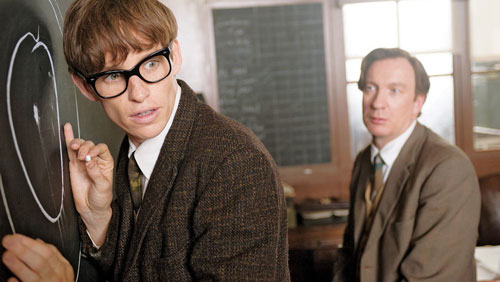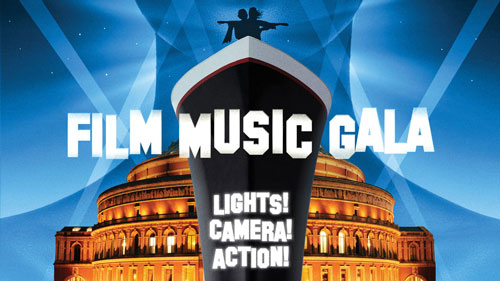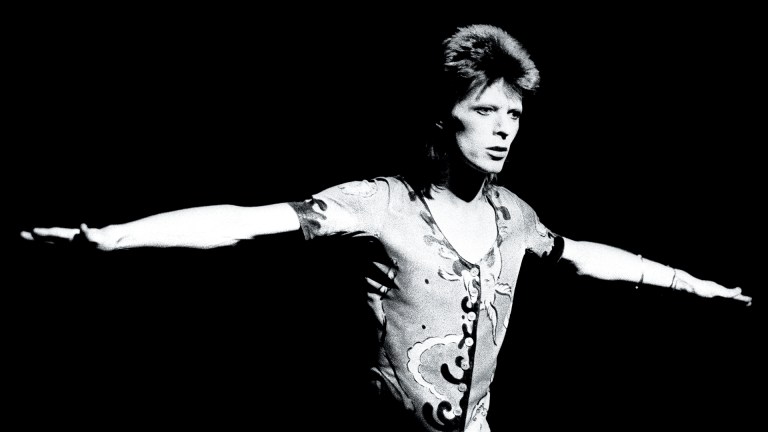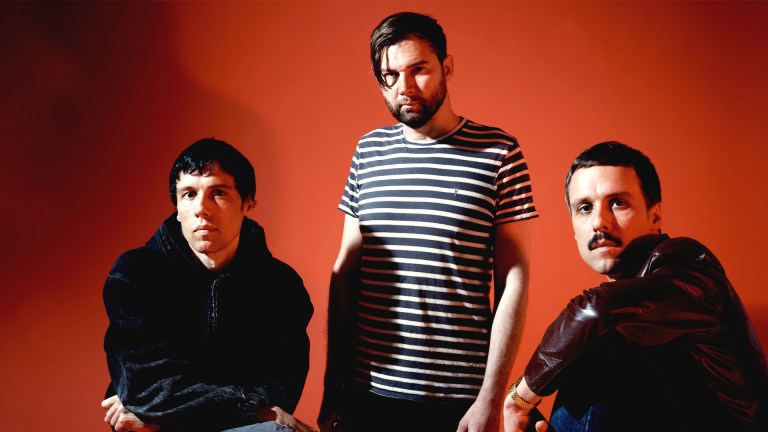Fans of Icelandic composer Jóhann Jóhannsson were devastated to learn of the 48 year-old’s recent passing. It is, at the time of writing, not known what caused the sudden death. Jóhannsson’s work represents an important intersectionality between contemporary classical and popular music.
The perennial debate about what contemporary classical music actually is – art music? Alternative music? – and how to appropriately categorise such works is boring but deemed necessary in the digital age. Jóhannsson’s output bridged both worlds, attracting listeners from each and inspiring many more besides.

It can be reductive to herd artists into groups, particularly when as far as the composer is concerned, he or she is working as an individual to their own creative agenda. But Jóhannsson was part of a bigger, albeit informal, collective of musicians who took traditional classical forms as a basis for electronica, post-rock (Sigur Rós et al) and filmic soundscapes.
Jóhannsson’s music is ethereal, euphoric and firmly tonal, with minimalist melodies and often very sparse textures (he was influenced by drone music, see: Drone Mass). Despite signing to leading classical label Deutsche Grammophon in 2016, Jóhannsson’s music was rarely featured in the classical music press. From personal experience, it was often difficult to persuade editors to feature the composer, because he didn’t seem to fit into any established genre.
Jóhannsson’s music is ethereal, euphoric and firmly tonal, with minimalist melodies and often very sparse textures
Happily, support for his film scores became a different matter. Having scored for a clutch of independent films, Jóhannsson caught wider attention when he wrote the soundtrack to the 2014 Stephen Hawking biopic The Theory of Everything. The music went on to win a Golden Globe; this year, Jóhannsson was reportedly set to work on the score to the Disney film Christopher Robin.
There is still a surprising amount of snobbery surrounding film scores. Making a living out of composing is enormously challenging: composers must be adaptable, self-motivated, organised and often manage complex schedules and demanding briefs, as well as the fallow periods and ensuing financial strain, as is applicable to most self-employed freelancers (hi there).










